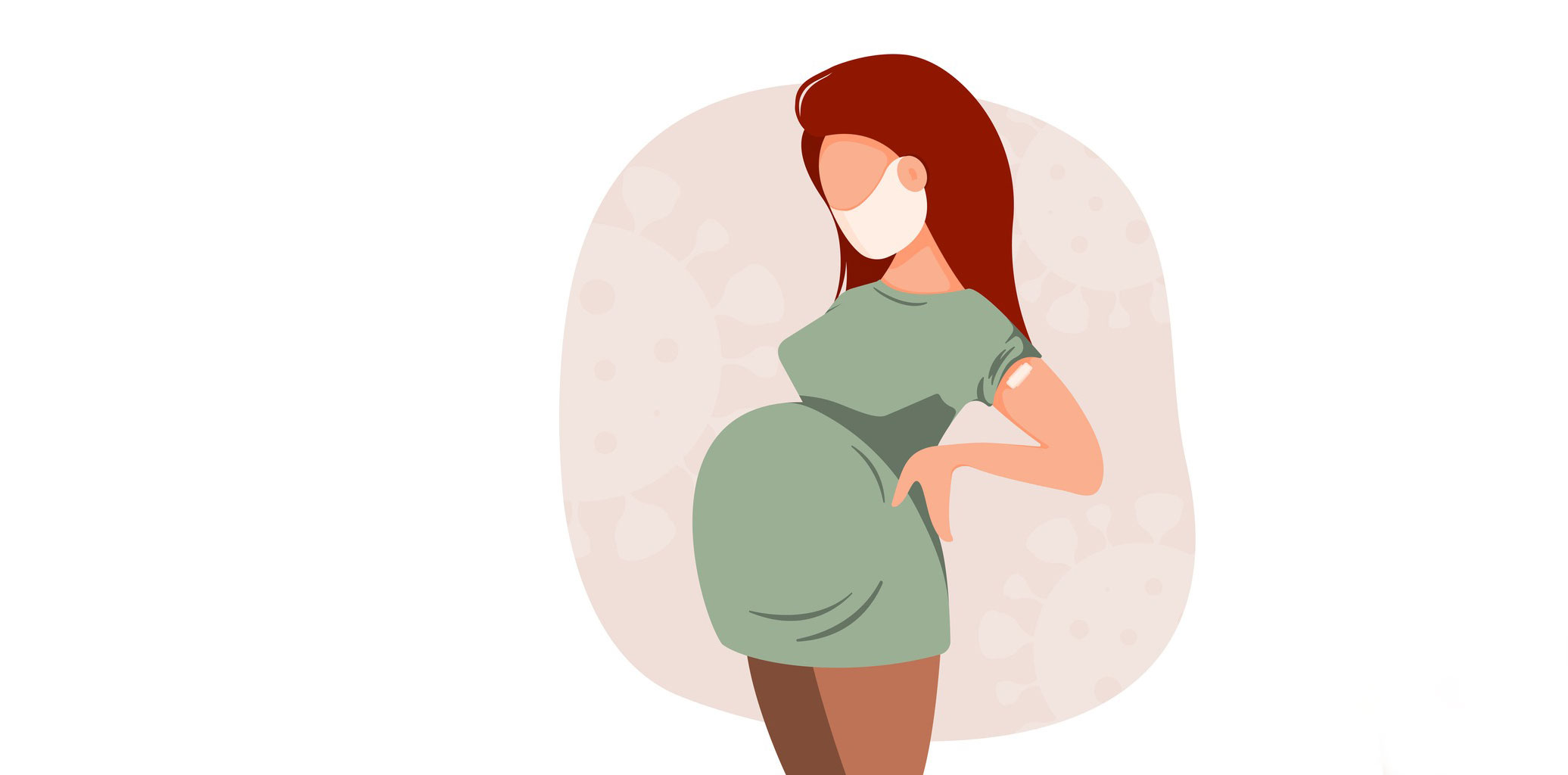GPs have a crucial role in reassuring pregnant patients that the vaccines are safe for them and their baby.
The question of whether and when to vaccinate during pregnancy is not a new one.
Although only about half of pregnancies in Australia are planned, this is the cornerstone of our preconception consult.
It is understandable for women to ask, should I take the covid-19 vaccine? Is it safe for me and my baby? The answers are yes, and yes.
While we cannot sugarcoat the fact that there is not long-term data available, and no, pregnant women were not included in the initial research trials, there is solid observational data now available for both the Pfizer (Comirnaty) and Moderna (Spikevax) mRNA vaccines.
It’s an advantage for us in Australia to have that reassuring information from international sources during this current Delta wave.
The US CDC registry collects health information from people vaccinated during the periconception period or during pregnancy. Participation is voluntary, and those enrolled in the registry will be contacted several times throughout their pregnancy/after birth for additional health check-ins. As of this month 164,000 people have contributed to this database.
More than 55,000 pregnant women in England and Scotland have also received a vaccine with no adverse effects recorded.
There is no demonstrated impact on fertility, and no increased risk of miscarriage or teratogenicity during pregnancy following covid vaccination.
On the other hand, pregnant women with covid-19 have a higher risk of severe illness compared to non-pregnant women with covid-19 of the same age.
This includes an increased maternal risk of:
- Hospitalisation
- Admission to an intensive care unit
- Requiring ventilation
- Stillbirth
- Preterm birth with increased neonatal morbidity
I would like to request the support of GP specialists to help build vaccine confidence in women (and their partners) who are expecting.
Studies show recommending vaccination to pregnant women is important: women who are recommended vaccines by a health provider are more than 10 times as likely, in some research, to be immunised compared to those who are not.
Women typically give huge importance to the wellbeing of their baby and want real opportunities to support their babies and equip them to better face health challenges.
It is helpful to emphasise the benefits to the baby: the presence of protective antibodies in blood and breast milk that are likely to empower the neonate against potential covid exposure.
The other point I find helpful is birth experience. We want this to be as family centred as possible, but when women test positive for covid, others’ exposure has to be minimised. There is also an increased risk of requiring intervention.
Women who are trying to become pregnant can receive either Pfizer, Moderna or AstraZeneca vaccines and do not need to delay vaccination or avoid becoming pregnant after vaccination.
Any of the three vaccinations listed above can be offered to postpartum/breastfeeding women.
It is supremely important for clinicians to discuss the benefits and safety of vaccinations, as part of the woman-centred care we provide.
Dr Talat Uppal is an O&G specialist, the director of Women’s Health Road and a clinical senior lecturer at the University of Sydney
References
- https://www.cdc.gov/coronavirus/2019-ncov/vaccines/safety/vsafepregnancyregistry.html
- Combined info sheet and decision aid 17.08.2021 RCOG https://www.rcog.org.uk/globalassets/documents/guidelines/2021-02-24-combined-info-sheet-and-decision-aid.pdf
- https://www.rcog.org.uk/en/guidelines-research-services/coronavirus-covid-19-pregnancy-and-womens-health/covid-19-vaccines-and-pregnancy/covid-19-vaccines-pregnancy-and-breastfeeding/
- https://ranzcog.edu.au/statements-guidelines/covid-19-statement/covid-19-vaccination-information
- https://www.health.gov.au/resources/publications/covid-19-vaccination-shared-decision-making-guide-for-women-who-are-pregnant-breastfeeding-or-planning-pregnancy


